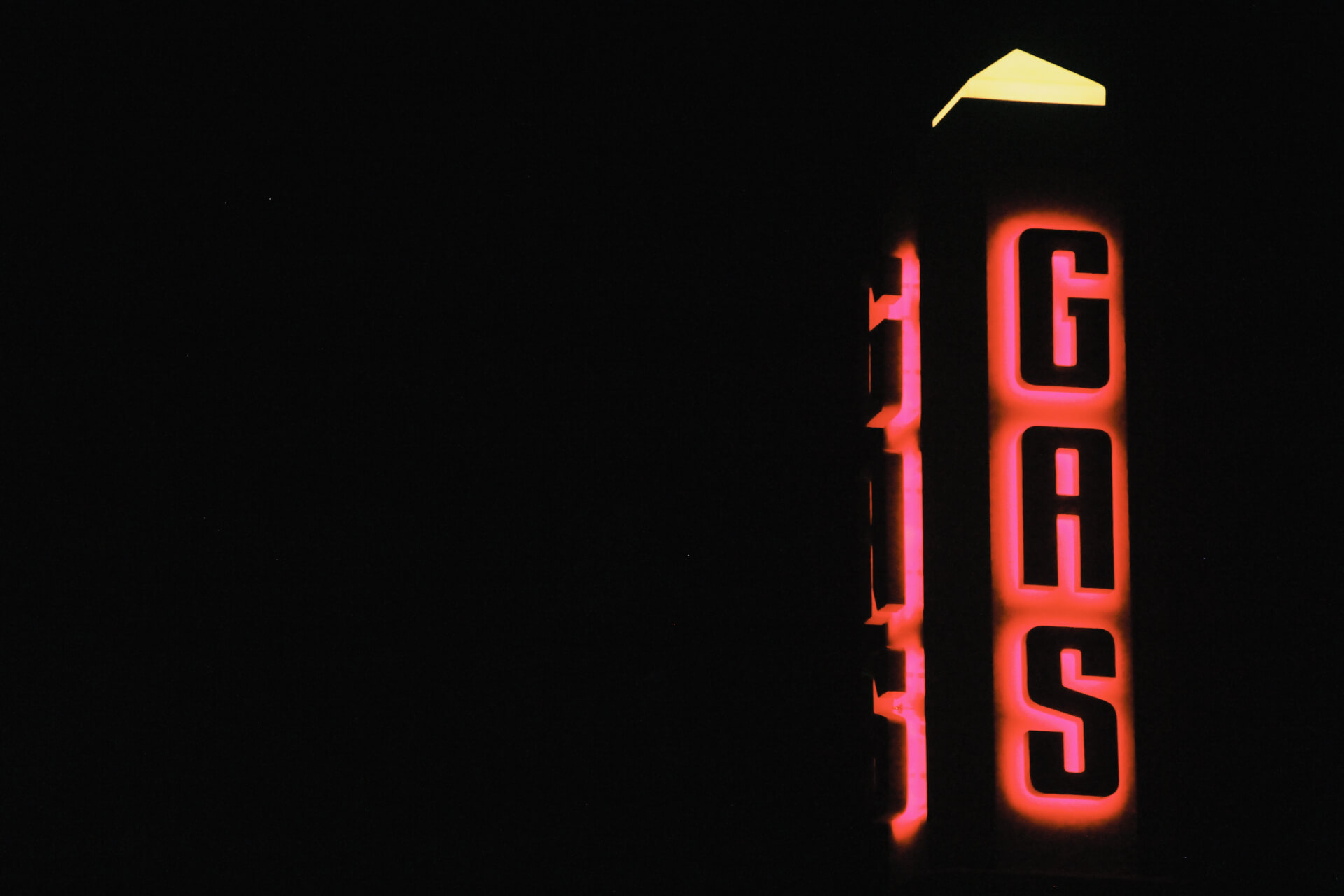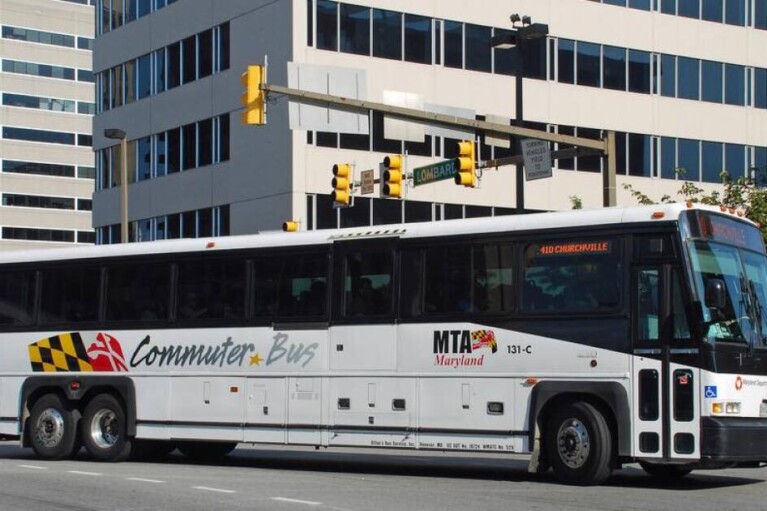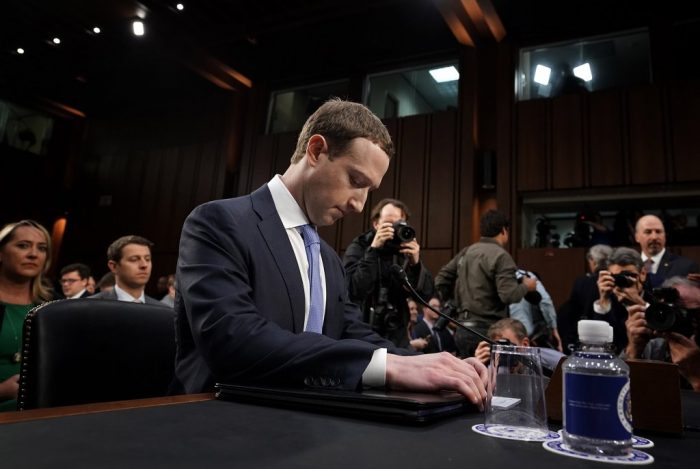Frank DeFilippo: Gas and Toilet Paper are Interchangeable Goods for the Selfish During Panic Buying

Forget the momentary shortage of gas. There’s an abundance of toilet paper.
Most people are not hoarders. But those are the two commodities that seem to bring out the selfishness and impatience in people, though the correlation between the combustion engine and America’s bowel habits is difficult to discern.
At the peak of the pandemic, toilet paper and disinfectant wipes were premium goods, nearly at cryptocurrency value. The spread of COVID-19 also saw the introduction of off-brand cleaning products of unproven effect, kind of like appearance of home-brew alcoholic products during prohibition.
But, for crying out loud, this wasn’t even a gasoline shortage. It was nothing more than a brief interruption in the slosh of fuel through a pipe that was resolved within a few days. Fossil fuel is flowing again.

Frank A. DeFilippo
This crisis was man-made by selfish people across 11 states that helped to force the temporary closure of an estimated 12,000 gas stations along the Eastern Seaboard.
Panic, nonetheless, took its usual course, and to see those gaping primates (H.L. Mencken’s phrase) lined up not so much to fuel vehicles but many with a half dozen gas cans was a stretch beyond enlightened self-interest. It was filching what might help neighbors and further contributing to the shortage as well as the predictable price increase that usually accompanies the supply and demand zig-zags on flow-charts.
Many of the age groups alive today don’t understand what a real energy shortage is. Oh, they’ve lived through long lines and high prices caused by wars, weather, OPEC belligerence, refinery breakdowns and slowdowns in the supply chains, but nothing like the Arab oil boycotts of a half century ago.
In today’s auto-powered world, it seems that every time someone in the Middle East hiccups, or a strong wind blows across Texas, the price of gas goes up because some savant projects a shortage, authentic or not. A favorite excuse for a price hike is the seasonal switch-over in the blend of refinery products. Every holiday – Hallmark, civic or religious – carries with it warnings of gas price hikes linked to heavy travel.
Today, the world is awash in oil and gas, even occasionally runs out of storage space, and America is no longer dependent on the foreign product. America now produces as much oil or more than any other country on earth, with still more to come.
As a nation, we’ve even successfully, so far, blocked a pipeline from Canada to Texas to carry cheap crude for refining and shipping overseas because it is too toxic to burn in America without damaging the environment, and people. In Maryland, fracking has been banned, the process as obscene as the name sounds.
At one point during the environmental craze of the early 1970s, Baltimore’s Crown Central Petroleum proposed building a refinery on the Anne Arundel County side of the harbor. The proposal was rejected because of possible damage to the environment.
Here’s a brief history lesson for the gas-can brigade: In the bad old days of 1974, the Arab oil embargo had choked off supplies and gasoline was rationed across America. Richard M. Nixon, a Republican, was president, and Marvin Mandel, a Democrat, was governor of Maryland.
Maryland was punished by the restrictive numbers more severely than most states, and Mandel sued the federal government for an increased gasoline allocation and won 7.2 million gallons for stranded Maryland motorists.
Mandel accused the Nixon Administration and its gas-rationing czar, William Simon, of deliberately short-changing Maryland as political punishment for being a Democratic state that had once denied Nixon a victory in 1968, even with homeboy Spiro T. Agnew on the ticket, although he won the state in 1972.
In another ironic footnote at the time, Henry Rosenberg, CEO of Crown Central Petroleum, told Mandel that he had 50,000 gallons of gas ready for the pipeline but the Nixon Administration was preventing him from delivering the fuel to Maryland.
Federal Judge Basil Thomas agreed that Maryland was entitled to more gasoline for its fuel-deprived constituents and ordered the Nixon Administration to deliver the 7.2 million gallons to Maryland against the arguments of the Nixon Justice Department.
Maryland is a pass-through state on the road between New York and Washington. More than 100,000 cars a day leave the Baltimore area ferrying commuters 45 miles to jobs in the Washington region.
Rationing had been ordered by the Nixon Administration. To comply, Maryland adopted a system of odd-even days with a limit of 10 gallons a fill. Top-offs were prohibited. As conservation measures, the highway speed limit was reduced to 55 miles per hour and right-turn-on-red was instituted and remains a gas-saver and traffic challenge to this day.
Incidentally, gas, in those days, was below 50 cents a gallon. Most cars averaged 12 miles per gallon.
What is involved in the most recent drain on gas, as every news junkie knows by now, is the Colonial Pipeline, which gushes gasoline, jet fuel and fuel oil from refineries in Houston to its terminal point in New Jersey.
From there the fuel is trucked to its destinations, which is another contribution to the problem – a shortage of tanker-truck drivers, so reported. Maryland gets much of its gas by ship through the Port of Baltimore. Colonial is a privately-owned, 5,000-mile pipeline web. Government has nothing to do with its ownership or operation.
The pipeline’s computer systems were shut down after a ransomware attack, thought to be by a gang of criminals in Russia. Colonial, it has been reported, paid $5 million in ransom money to free up its pipeline after initially refusing the demand, though nobody will confirm the payoff.
The combination of the pipeline shutdown by computer hackers, and the shortage of truckers, has pushed gas prices to roughly $3 a gallon, the highest since 2014, according to AAA.
President Joe Biden has proposed making every car produced in America electric by 2030. And in a happy confluence of events, the Postal Service, in one of the few positive motions made by Postmaster General Louis DeJoy, will switch to an all-electric fleet of trucks.
Biden’s proposal, though, is linked to another part of the legislation that is tearing Congress apart: His $4 trillion infrastructure bill – which covers just about everything.
It contains the plan to equip the nation with charging stations to keep the electric vehicles moving. And to power the charging stations, Biden proposes updating the long-neglected and over-worked electric grid. Until then, gas fuels and rules.
Electric cars as they exist have limited range, usually about 250-300 miles before needing recharging. They are ideal for those who live in the suburbs, in single-family houses with garages that are equipped with electric outlets.
Those who live in cities, especially in high-rise condominiums, have unique problems owning electric cars. Wiring an entire building, especially those with underground garages, would cost serious money. Or, out-of-pocket costs would skyrocket if car owners have to foot the bill for hook-ups and sustaining costs.
Thousands of years from now, when archeologists are sifting through the grit and shards of the past, they’ll no doubt find in their digs discarded gas cans and toilet paper rolls as artifacts that signify the selfish consumer life in the year 2021.




 Creative Commons Attribution
Creative Commons Attribution